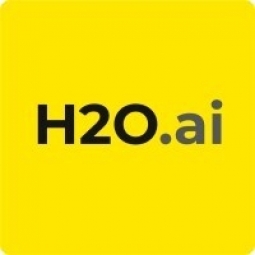H2O.ai
Case Studies
AES's Transformation in Energy Business with AI and H2O.ai
Overview
 |
AES's Transformation in Energy Business with AI and H2O.aiH2O.ai |
Functional Applications - Computerized Maintenance Management Systems (CMMS) Sensors - Utility Meters | |
Electrical Grids Renewable Energy | |
Logistics & Transportation Maintenance | |
Asset Health Management (AHM) Predictive Maintenance | |
Cloud Planning, Design & Implementation Services Data Science Services | |
Operational Impact
| The implementation of AI and H2O.ai has transformed AES's operations, delivering significant business value, increasing revenue, decreasing costs, and improving energy commitments and uptime for its customers. The use of AI has enabled AES to predict and plan maintenance, reducing costs and ensuring more consistent power delivery. The AI models have also helped AES to optimize its energy bidding strategy, increasing energy revenue and supporting a reliable carbon-free grid. The use of AI in managing smart meters has eliminated non-essential technician trips, saving time and money. Furthermore, AES has been able to solve over 85 key business challenges across every line of business within just two years, demonstrating the transformative power of AI in the energy industry. | |
Quantitative Benefit
| $1M Annual Savings by eliminating non-essential technician trips | |
| 10% reduction in power outages faced by customers | |
| Greater than 90% accuracy in predicting wind turbine component failures | |


